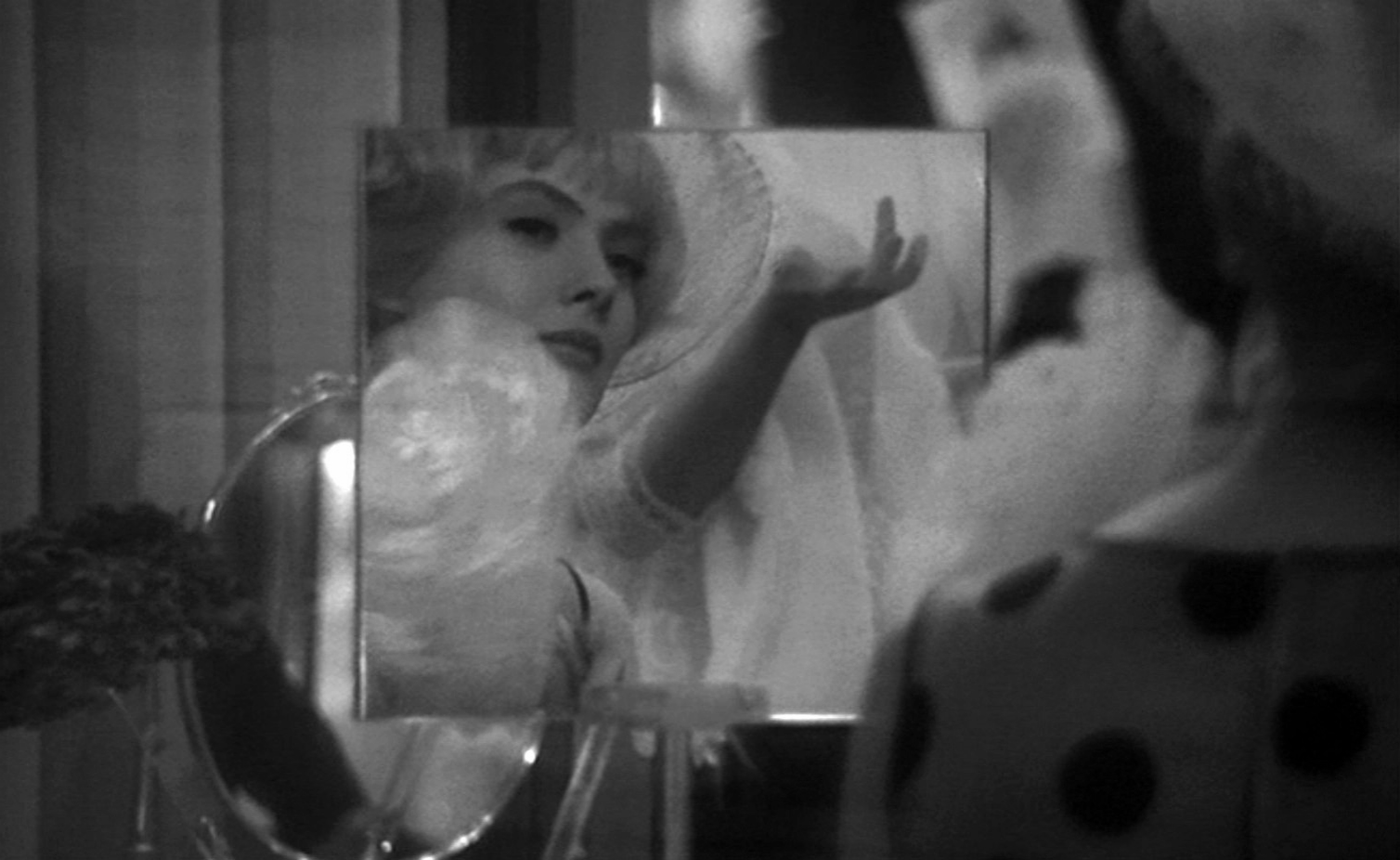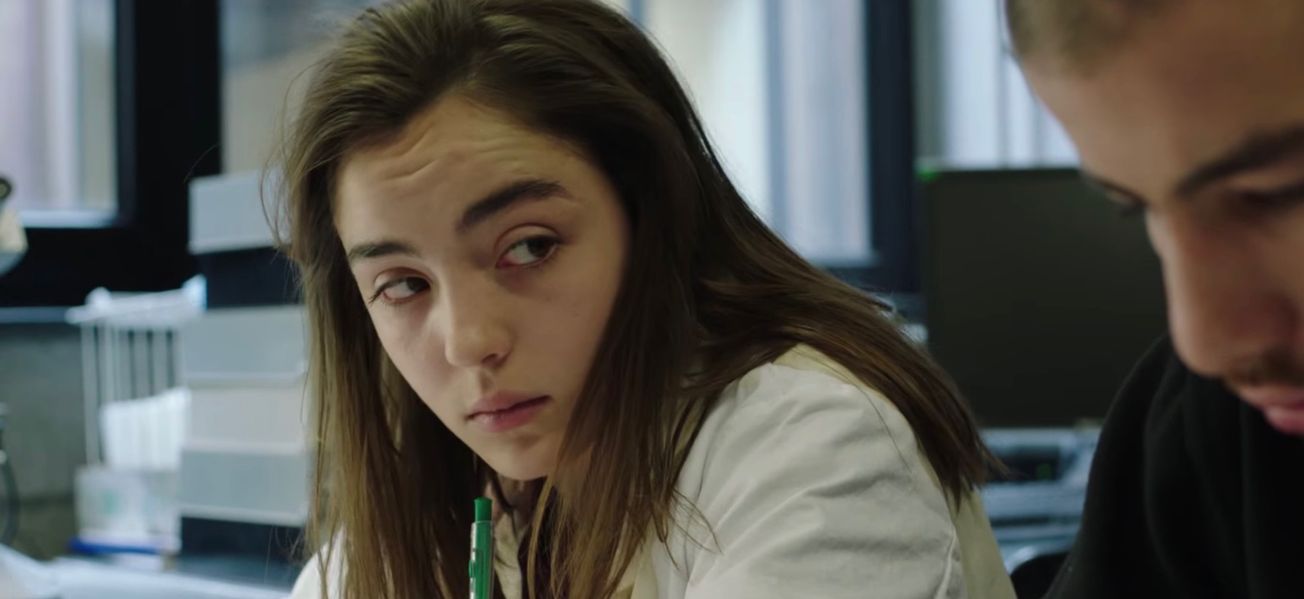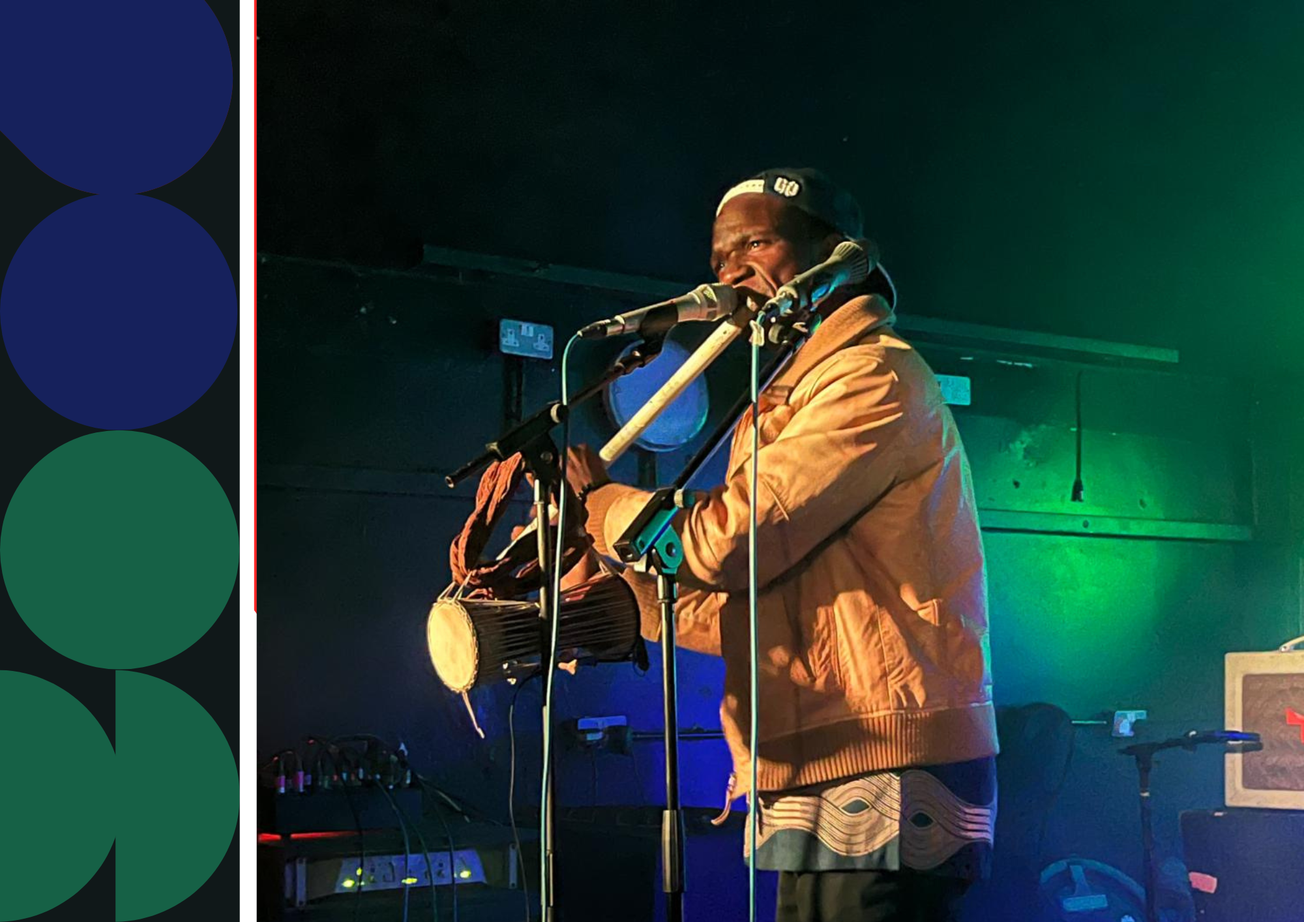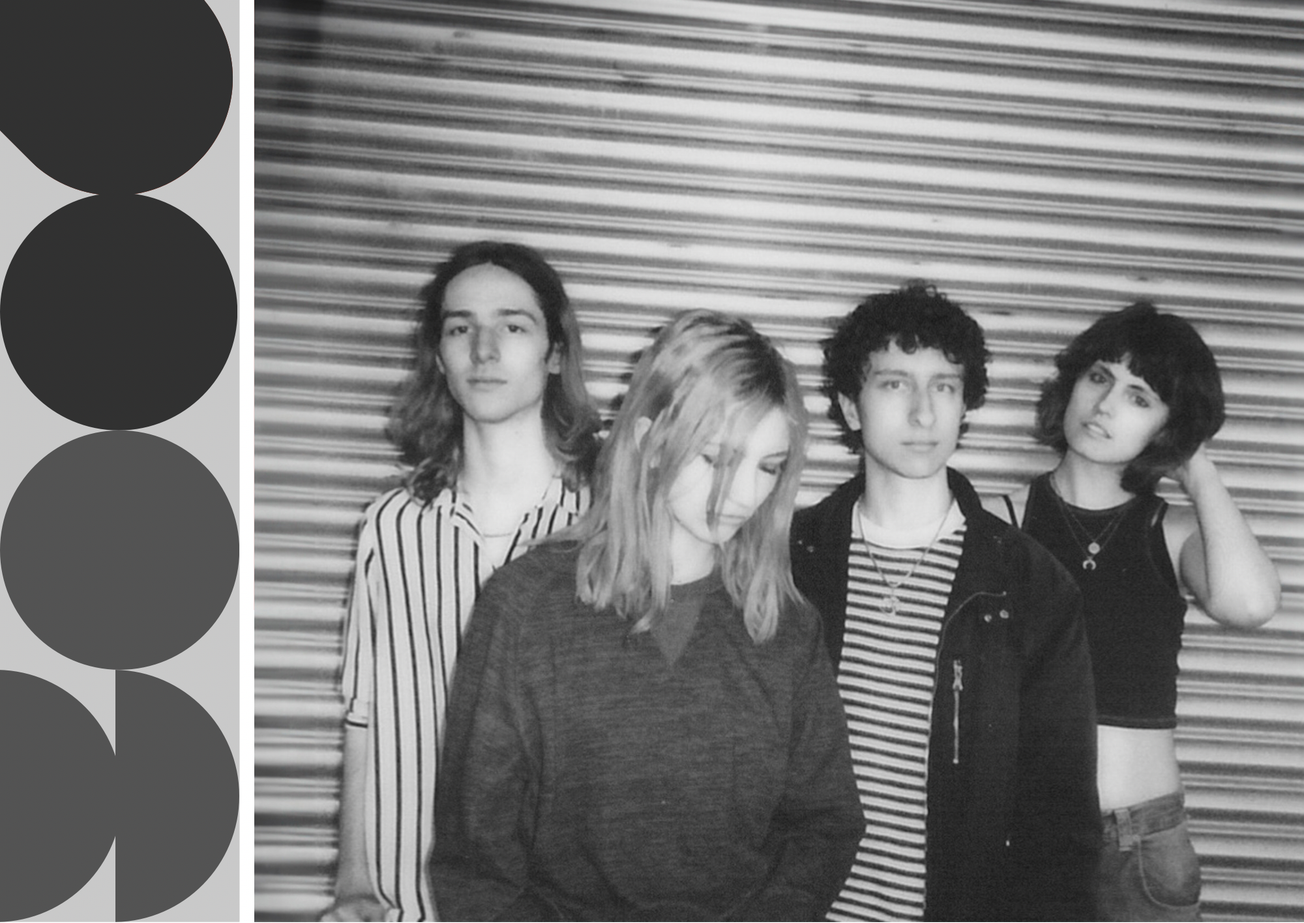Hard-hitting female-led blockbusters have been making waves, but the female eye can also create wonderful and mystical cinematography.
Post-Weinstein Hollywood is undoubtedly going to be an interesting place for women to work in future. Mainstream cinema is under more pressure than ever to prove that it is no longer the sexist institution it has been since Judy Garland first squeezed into her ruby slippers. Hopefully, recent events will add momentum to the quest for an equal presence of female-centric stories, told by women, and accessible to all, and perhaps even help to break down the gender divide that still stifles society on the other side of the silver screen.
We’ve seen Wonder Woman, and I’m sure we all love Greta Gerwig, but it seems that the most compelling examples of female gaze are generally refracted through the lens of art cinema. So, in the interest of celebrating the varied perspectives of the female cine-eye, I hereby present a selection of favourite films directed by women, which I believe are truly captivating – and none of which end in the transgressive heroine driving off a cliff or marrying Humphrey Bogart.
In light of the mushroom cloud explosion of veganism across campuses, this film is both disturbing and timely. A bold, energetic horror film in which the main character is a young vet student, and a vegetarian – though not for long. An alumni of the revered La Fémis film school, debut director Ducournau holds the spectator in kind of macabre staring contest: it’s the type of horror that takes your senses prisoner: bursting with style, colour, vitality, and a restless soundtrack, you can’t look away, but watching is an act of daring. The film flirts with Romero-esque irony, subtly raises the moral questions evoked by all the best supernatural thrillers (but without going overboard) and it’ll definitely freak out your more squeamish housemates.
A tragi-comedy, a heist film, and a piece of cinema which is as earnest as it is defiant, Divines updates and recalibrates the so-called Parisian “banlieue” films. It casts aside the sexual prejudices seen in landmarks of the genre such as La Haine, adding colour to the gritty poetry that so defines both. Its plot-line transcends the superficiality of the usual crime film, creating something near operatic in vision without losing sight of a certain degree of realism. But the best part is the friendship of its two misfit female protagonists, which consistently remains the story’s centre of gravity.
Rungano Nyoni's I Am Not A Witch traces the bizarre complexity of modern-day African witch camps. It tells the story of a nine-year old girl who faces the choice of joining the government-approved community of witches, or being turned into a goat. Nyoni treats the subject with well-dosed touches of bleak wit – it is neither completely satirical nor greatly sentimental, allowing her to point out the incongruity of, say, a novelty ringtone interrupting the opening remarks of a community trial for theft, (in which the ‘witch’ gives the final verdict). The film is structured around the silences and stares of its young protagonist, Shula, such that the dialogue of the other characters and the odd bursts of the baroque score seem to express far less by comparison. As the story unravels, the increasing absurdity of the situation reaches a point of devastating irony which leaves the viewer stunned and spellbound long after the credits stop rolling.
Whether you are slightly in love with a canine companion, or with Michelle Williams, Kelly Reichardt’s second film is sure to stir any spectator with a sympathetic leaning for struggling youth. It’s a quiet film, a tale of two drifters scraping by across the American Midwest, until disaster silently strikes. Williams’ performance is understated but highly nuanced, depicting masterfully the rarely seen character of a lone young woman, determined, but on an unsteady footing in an unforgiving social landscape. Although something of a slow-burn, the film is pensive and allows space to contemplate the sentimentally brutal society which allows such characters to slip through the net.

Photo by Flickr/bswise
Not a contemporary film, but a film which is so gorgeous, it gives Godard a run for his money for the quirkiest and cutest film of the Nouvelle Vague – though in fairness Jean-Luc does have a sneaky cameo. This gem of a film is filled with arty details, a passion for beauty in all its forms, with brilliant little technical flourishes and nods to existentialist themes too, as the eponymous Cléo sweeps through the city like a modern day Mrs Dalloway. It’s a leap away from the left bank for Varda, and it proves without question that her ambidextrous, all-embracing curiosity makes her one of the most underrated film-makers of her era - but above all, it’s pure charm caught on celluloid.
Photo Credit: Youtube / Moviefone
By Ellen Kemp









